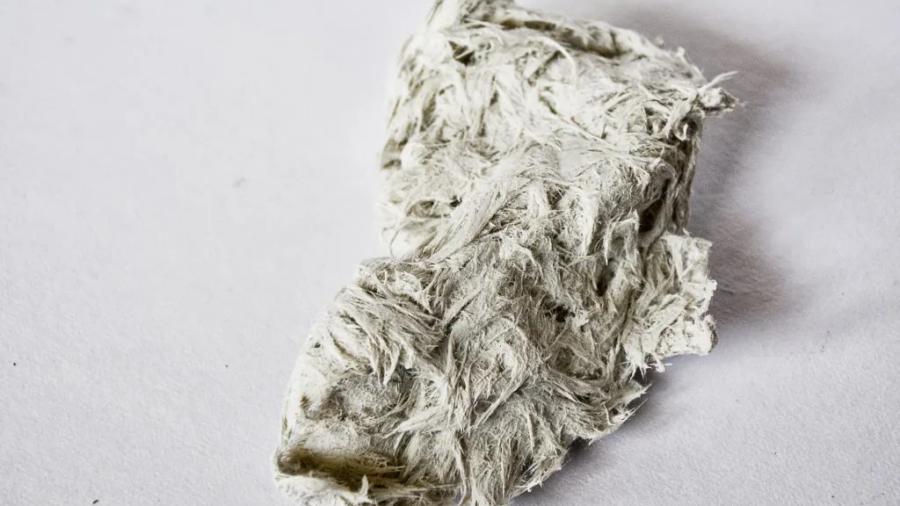Unlike traditional design materials, Dough Moulding Compound or DMC is a composite material used in several industries, and it has wide acceptance because of its benefits, among them being heat-resistance properties. The properties of this thermosetting material such as high mechanical strength, good electrical insulation and good chemical and heat resistance makes it suitable for the more demanding applications. In this article, we’ll explore DMC’s advantages, composition, applications, and what makes it one of the most used materials in manufacturing.
What is Dough Moulding Compound (DMC)?
Dough Moulding Compound (DMC) is a condensation and spray casting material which is processed under compression or injection moulding. Its ingredients include a thermosetting resin such as unsaturated polyester and added fillers, glass fibres, debonding agents, catalysts and other resin additives which is further cured moulding dough polymer. Through molding, it can be allocated to intricate shapes owing to its dough like form.
Main Ingredients of DMC
- Resin: It is the main binder used in DMC that is unsaturated polyester or its variants thermoset to provide the material with applicable thermosetting characteristics.
- Reinforcements: Minerals or glass fibre reinforcement is performed whose most use is for mechanical reinforcement of materials by means of impact strength.
- Fillers: Fillers such as calcium carbonate or clay are placed to achieve certain properties provide economy and minimize the amount of shrinkage that are encountered during the molding process.
- Catalysts and Additives: These are added into the mixture to help in speeding up the curing process or helps improve the final product’s performance factor such as UV barriers or flame retardancy.
Benefits of Using DMC
- Highly Durable: DMC comprises good mechanical strength and is able to withstand stress and therefore, it is applied in categories where toughness and durability are essential.
- Electric Insulation: In addition, DMC is able to insulate electricity which is quite useful in producing electrical parts from the material.
- Heat and Chemical Resistance: The composition is resistant to high temperature as well as to a variety of chemicals making it quite useful in industries.
- Complex Shaping: Because of the particulate characteristics of DMC and its capability of active substance entrapment, it can be molded into intricate shapes thus enabling precise manufacture of components where close tolerances are required.
- Lightweight: Although thick in structure, and relatively stronger than metals, DMC is lighter than metals thereby helping in the decreasing of the overall weight of the products.
Applications of Dough Moulding Compound
DMC is applied in several industries because of its thermosetting polymer’s mechanical, thermal and electrical characteristics. Some of the key industries are:
- Automotive: The composition finds utilization in production of automobile elements such as headlamp housing, engine cover, electrical insulation parts etc.
- Electrics and Electronics: Due to excellent electrical insulation properties, it finds application in switchgear, circuit breakers, connectors and various structured insulating parts.
- Construction: DMC is used in the manufacturing of door and window structures as well as sanitary wares owing to its sturdy nature and ability to withstand various weather conditions.
- Household Appliances: Applications such as heater housings, lids of irons and other small devices utilize DMC as a part ingredient because it is heat resistant and retains its form under strain.
DMC vs. Other Moulding Compounds
Understanding the basic differences between Dough Moulding Compound and other molding compounds polyethylene (sheet Moulding Compound) or (bulk Moulding Compound), several differences stand out:
- Consistency: Instead SMC, which possess a doughy, semi-solid nature, DMC’s characteristic oozes out most within industrial molding equipment as the latter remains doughy, modifications towards DMC’s molding are such that RMC include small to medium size parts possibilities.
- Cost: DMC is comparatively suitable only in small production runs. It is however to note that a yield of SMC can be used in the manufacture of SMC in successive large volumes and components.
- Strength: For instance SMC is stronger than DMC because SMC contains long fibers which help in reinforcements and therefore Structure SMC is the best option in large structure.
Why Choose DMC for Your Manufacturing Needs?
Choosing DMC as material for your products has significant advantages:
- Customization: It is possible to engineer features accurately on the parts made from DMC, which is essential especially where some specific mechanical and physical requirements have to be met.
- Cost-Effectiveness: Also, pieces of DMC can be made use of in great extent to narrow down manufacturing costs as at least thorough machining is needed to be done on the pieces for molding to allow for all manners of shapes.
- Sustainability: The production of DMC may be improved by using green resins for composite construction.
- Reliability: In terms of strength, resistance and insulation properties, DMC allows for long-term utilization with low maintenance and replacement costs.
Conclusion
Dough Moulding Compound is a high-grade material which possesses excellent mechanical, insulation and heat resistance properties and therefore, finds application in many industries. Be it in the automobile, electronics, construction or even household platforms, DMC remains relevant in the current world of manufacturing.
When it comes to a material which can support complex designs while being dependable under stress, DMC is quite suitable. Its flexibility, cost and durability creates a perfect material for manufacturers who want to enhance quality and performance.
If industries are able to understand it, in terms of its properties and possibilities, DMC can be a great ingredient for improving the products’ efficacy as well as their durability.
